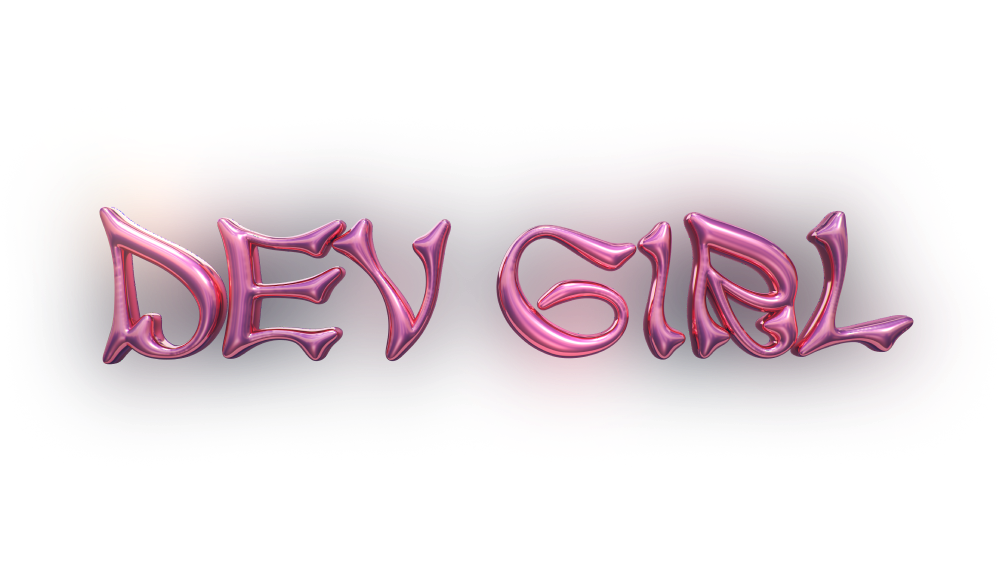Description
Ada Lovelace, Hedy Lamarr, the "ENIAC Girls," Grace Hopper, Joan Clarke... From the early days when the role of a "computer" was synonymous with a woman's job, to the gender divide that saw hardware as a man's domain, these remarkable women have shaped the world of technology. But why don’t we hear more about them?
One of my life's goals is to discover these hidden figures and share their stories with everyone who needs them. These women are exceptional role models who can change lives—just as mine was changed when I discovered my own role model, Aurélie Jean. I wish everyone the same discovery.
Structure
The primary aim of this talk is to present the history of computer science through the lens of women's contributions. In addition, I want to raise questions for the audience to reflect on, without giving direct answers.
The structure of the talk will follow this outline:
I will start with a personal anecdote from my university days, where an Art History course introduced me to only two women. This raises the question, "Who decides who gets included in a syllabus?"
From there, I will dive into the history of computer science, covering the following periods:
- The prehistory of computing
- The inception of computer science
- Women's integration into the tech world
- The rise of electronic computers
- The creation of ARPANET and the Internet
- The personal computer era
- Hackers and artificial intelligence
- I will end the talk by reflecting on the significance of role models and why they matter. I’ll share my personal experience about the profound effect a role model can have on one’s life.
My goal is not only to shed light on the forgotten contributions of women in computing but also to provoke thought on why these figures are often excluded from historical narratives and educational programs. I also want to emphasize how crucial role models are in shaping our dreams and ambitions.
Beyond that
This talk is not about giving answers—it's about starting a conversation. I want people to reflect on the challenges women face in being recognized and the difficulty in finding our own role models.
I don’t want to point fingers—I want to inspire people to tell these stories and pass them on.
